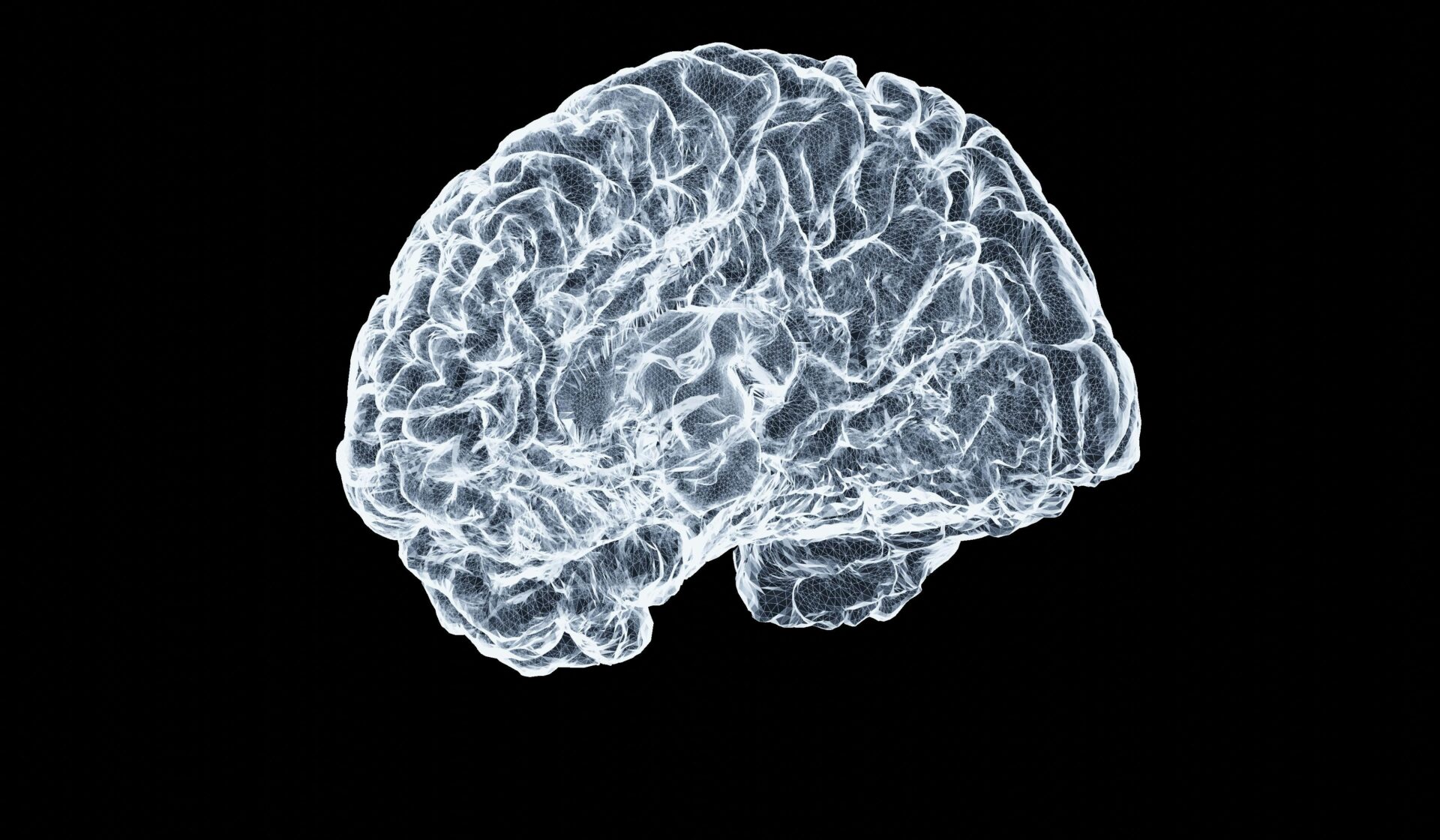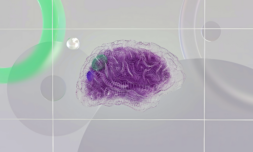According to new research – which represents a ‘paradigm shift’ for mental health disorders – the way people experience auditory verbal hallucinations isn’t that different from the way humans hear external sounds.
For decades, scientists have been endeavouring to understand why people with schizophrenia (which affects 1 in 300 people worldwide) hear voices.
Now, they believe they’ve discovered where these ‘voices’ emanate from, thanks to new research recently published in the journal PLOS Biology and conducted by a team at NYU Shanghai’s Institute of Brain and Cognitive Science.
It’s long been speculated that people with schizophrenia experience auditory verbal hallucinations (AVH) because their brains have trouble distinguishing between self-generated thoughts and external sounds, which to them makes it seem like someone who isn’t there is speaking to them.
With this in mind, the researchers decided to put electroencephalogram (EEG) monitors on people with schizophrenia – 20 participants who hear voices and 20 who don’t – to see what was different about their brains.
They found that the brains of those who experience AVH failed to fire off the ‘corollary discharge’ signal, which silences our inner monologues and is important for labelling sounds as either the result of internal or external sources.
‘People who suffer from auditory hallucinations can ‘hear’ sounds without external stimuli,’ the team outlined in a statement. ‘Impaired functional connections between motor and auditory systems in the brain mediate the loss of ability to distinguish fancy from reality.’
Additionally, when a person prepares to speak, a duplicate of the instructions are sent as an ‘efference copy’ to the auditory cortex (the part of the brain that processes sound) so that the brain can make a prediction of what sound it’s about to hear.
The findings also indicate that for sufferers of AVH, the ‘efference copy’ is ‘noisy,’ which leads to an enhanced auditory cortex response to internal sounds.
In other words, without self-sound suppression and enhanced internal noise-associated signals, things get rather jumbled up in our minds.
‘When you want to speak, your motor system will generate a very precise signal that indicates what it wants to say,’ explains study author, Dr Xing Tian. ‘Noisy means that in those patients, those signals are not targeted on the auditory output. They are not precise.’
This could be a gamechanger for scientists working on treatments and therapies for AVH because it suggests that the target lies outside of the auditory system itself.
Tian says that his team has ‘put the cognition back into mental illness’ by identifying the cause in motor-sensory processes. ‘That means we have a paradigm shift,’ he says.

















